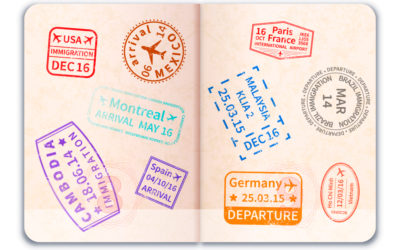I was in Ruwa over the weekend were I saw something that inspired me to write this article. A hair bar. It’s a first I must confess. It made me see that opportunities still exist in the hair styling industry. It’s only a matter of packaging the model. Salons remain one of Zimbabwe’s oldest forms of home-based income, particularly for women. Hundreds of these businesses can still be seen as you drive around Harare.
While many stylists prefer to align themselves with more established or high-profile salons, you can have a solid home-based business if you plan to set yourself apart from the beginning. An old friend Curren offered in-home services to her clients. Her clients didn’t have to go to salons, Curren went to her clients. Imagine the people who would take advantage of this convenient service—busy executives, stay-at home moms, nursing home residents, and hospital outpatients. You’ll have to figure in travel time. As a home-based hairstylist, you can set your own hours, work with a small or preferred clientele, and take breaks between clients in the comfort of your own home.
Do a few haircuts, per day, five or six days per week or just two to three days per week, and know that all of the profits from your business will go directly to your pocket. You can decide how hard you want to work and how often, but at the end of each day, you are responsible for the success or demise of your business. Making your clients look their best will be the easiest way to secure referrals and keep your business growing faster than the hair on your clients’ heads. Also, you would do well to include add-ons such as professional nail technician services or even makeup consulting. The more pampering and personalized your services, the more likely you will develop a strong referral base.
Start-up capital depends mainly on how you want to pitch the business. Equipment needed include, a chair; mirrors; sink; cabinet for hair coloring and permanent solutions; baskets for curlers, rushes, combs, and related hair supplies; professional-quality clippers and scissors; capes; a good broom or vacuum. Salon equipment can easily be bought cheap from China or from South Africa.
This business can also be done on part time basis after business hours, during weekends or by targeting a particular niche like wedding hairstyling or on-call services where you travel to your client’s location for personalized hair services. You will find that you fare much better against the salons around town. This business is one of the proven business in Zimbabwe were success is almost guaranteed. Besides skill, hard work is also a factor for success in this business. Many of the clients in this business take walk-ins, which, as a home-based business, you may not be as inclined to do. That’s why it pays to know your customers—and your niche—from the start. I have two hairstylists affiliated to this blog who can help you get started. Subscribe to this blog or send me an email through our contact us tab.





Thank you for a very informative and well put article. I would love to get more assistance as I intend to open an upmarket beauty parlour. Thank you
nyc and informative